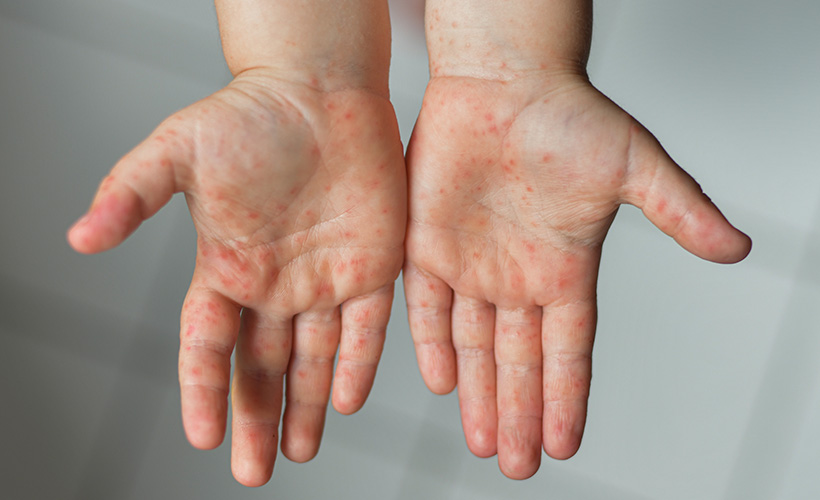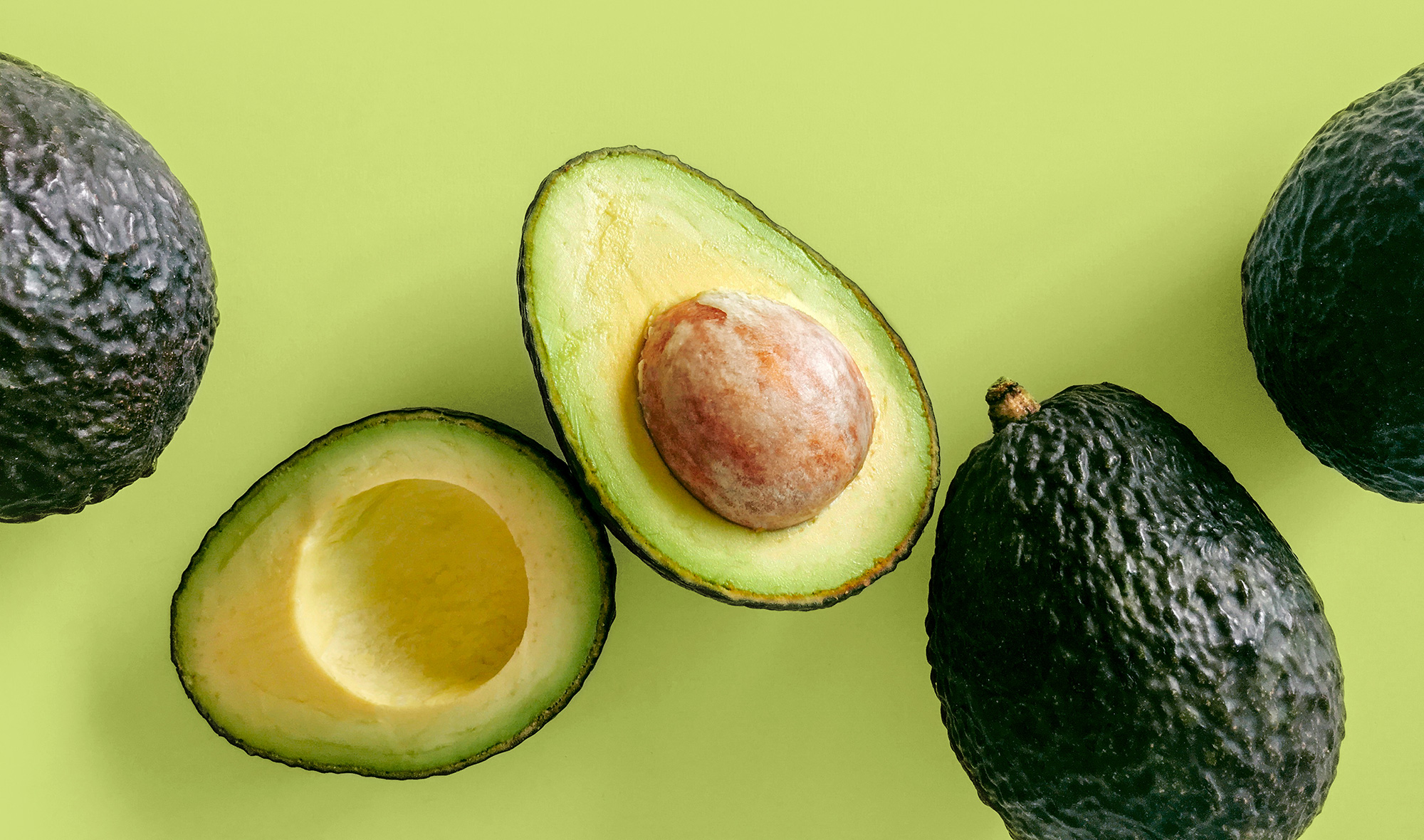There are several types of hepatitis. They have letters for their names: Hepatitis A, Hepatitis B, Hepatitis C. They all affect your liver.
Hepatitis A is a viral infection that can cause inflammation in your liver. You’re most likely to get hepatitis A from contaminated food or water. You can also catch Hepatitis A from close contact with a person who is infected.
There have been several recent cases of people in New Zealand getting Hepatitis A from imported frozen berries. Ministry of primary industries says that “Hepatitis A is relatively rare in New Zealand, but in 2015 imported frozen berries were linked to an outbreak of the disease in New Zealand.”
The people who have caught hepatitis recently have had gene sequencing done by health officials to see if they might have all caught it from the same place. Most of the people who recently caught Hepatitis A have the same genotype of Hepatitis A which means it probably came from the same place. Not only that, but the type of Hepatitis is the same as the hepatitis infection that caused an outbreak in Sweden in 2020 and 2021. Like our current outbreak, the Swedish outbreak was also linked to frozen berries that had been imported from Serbia.
So far it looks like it is only the Pam’s brand of frozen berries affected this time, but be aware that this has happened before so might happen again. Please note Hepatitis infections have only been found on imported frozen berries. We have strict farming rules in New Zealand and New Zealand grown berries have not been affected. New Zealand berries are mainly only sold as fresh berries.
New Zealand Food Safety is advising people to be aware of the risks of eating frozen imported berries. Their suggestions below are best practice for everyone, but are especially important if you are pregnancy, elderly or have chronic liver damage:
- briefly boil frozen berries before eating them, or
- if you microwave berries, you should stir them half-way through the cooking process to make sure they are all cooked through. Microwave settings will vary; the important thing is to ensure all the berries reach boiling point.
- always wash your hands before preparing food and before eating
What are the symptoms of Hepatitis A?
It takes at least two weeks to develop symptoms once you catch Hepatitis A, but it can take a lot longer. Sometimes it takes up to six weeks before you notice you have hepatitis.
To start with a Hepatitis A infection can be mistaken for the flu. The usual symptoms are nausea and stomach pain. Yellow skin (jaundice) can start a few days later. Some people, especially children, may have no symptoms at all.
As the illness develops, you might get:
- fever (high temperature)
- jaundice (yellow discolouration of the whites of yours eyes or your skin)
- loss of appetite
- nausea (feeling sick)
- stomach pains
- fatigue, feeling tired
- dark urine
If you think you might have Hepatitis A phone your doctor. There is a blood test which can check for the disease.
What do I do if I think I have Hepatitis?
People infected with Hepatitis A should not go to early childhood centres, school or work for one week after the start of symptoms or jaundice.
New Zealand Ministry of Health say that “there is no specific treatment for Hepatitis A. In most cases, your immune system will clear the infection and your liver will completely heal.” It can take six months for your liver to heal.
The most important thing to do is to rest. You will probably feel tired, so do what your body is telling you and rest. You also need to rest and protect your liver. The liver processes all the medicines you take and it also processes any alcohol you drink. When you have any hepatitis infection it is important to avoid alcohol. Talk to your doctor about any medicines you are on and if you should stop any of them while you have hepatitis.
Make sure you are getting enough food and liquid. Eat a balanced healthy diet. If you are feeling sick (nausea) try snacking throughout the day rather than eating full meals. To get enough calories in your day you might need to eat more high-calorie foods. You could try drinking fruit juice or milk rather than just water. Drinking plenty of fluids is important to so you don’t get dehydrated. This is especially important if you are vomiting (throwing up) or have diarrhoea (lots of loose bowel motions).
Nearly all frozen berries in New Zealand are imported from overseas. Make sure you boil them.
For more information about other types of Hepatitis click here.
Written by Linda Caddick
This blog provides general information and discussion about medicine, health and related subjects. The information contained in the blog and in any linked materials, are not intended nor implied to be a substitute for professional medical advice.

















Community